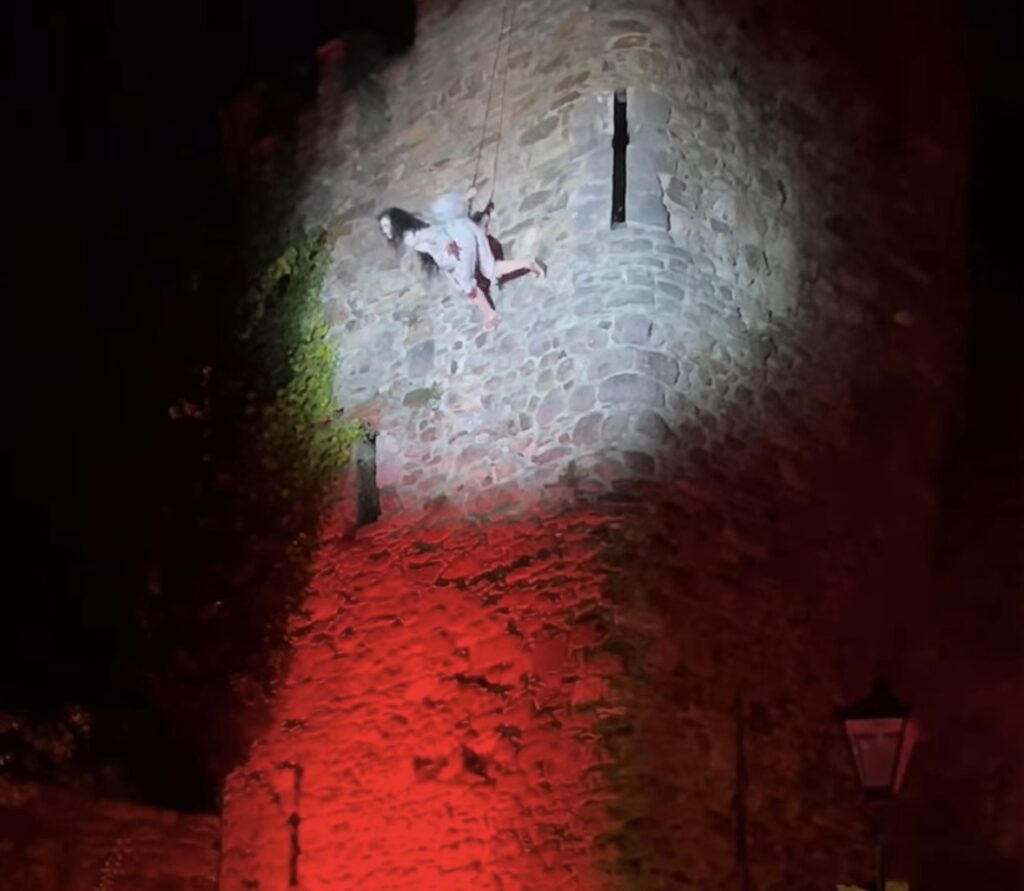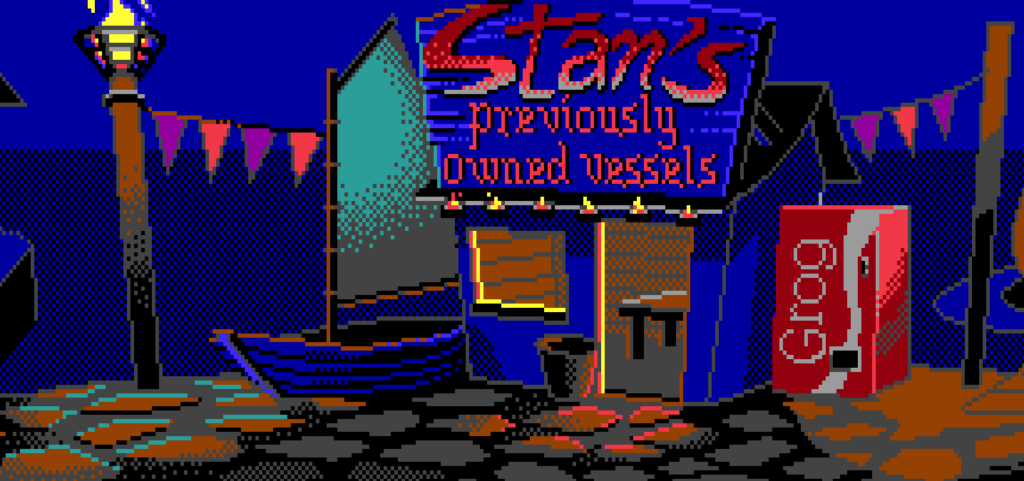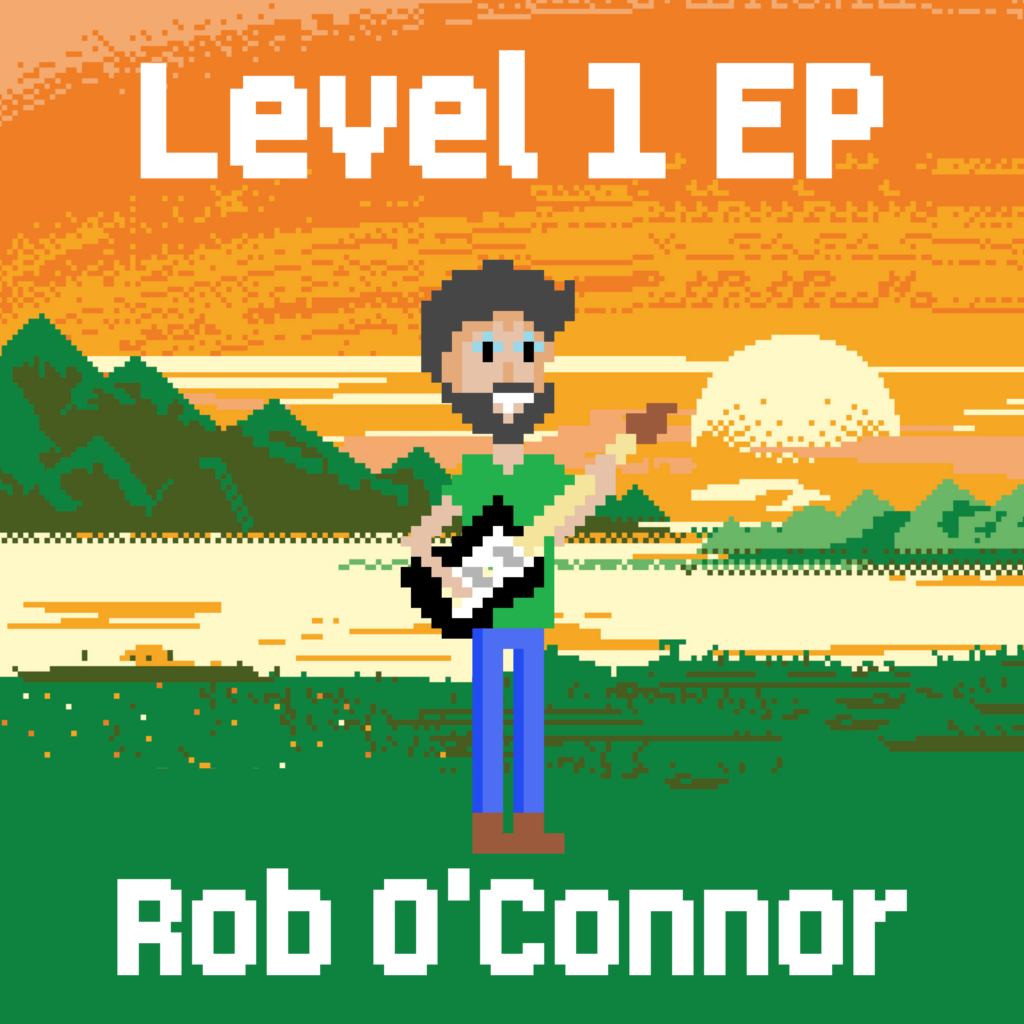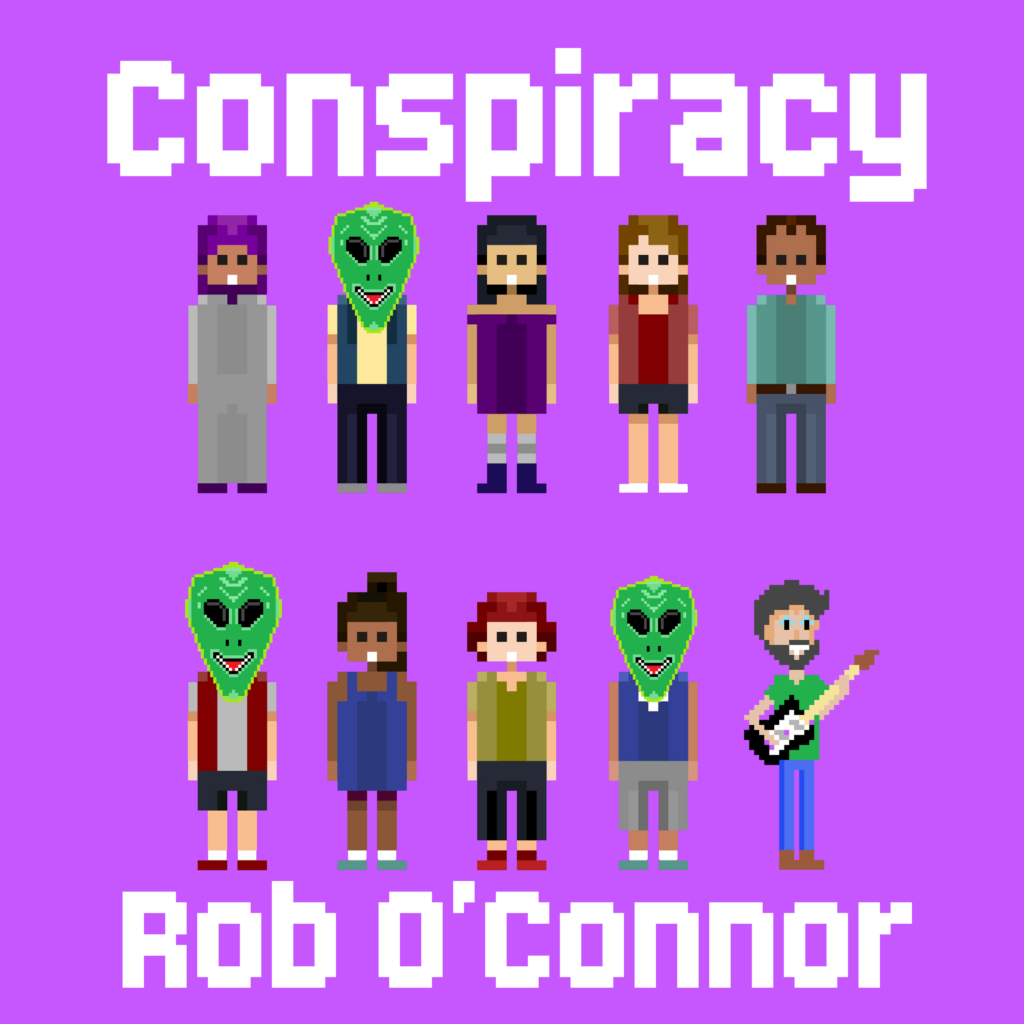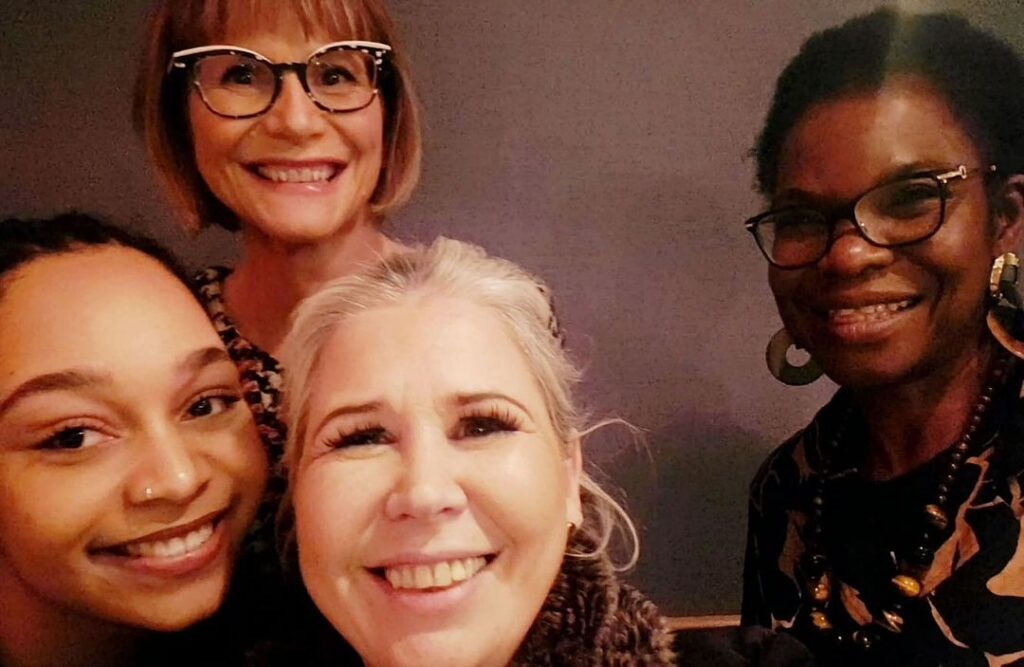LATEST POSTS
Heading
The Lamentable Tale of Dearg Due
Have you ever heard the ancient vampire story Dearg Due (Red Thirst)? It’s from my hometown of Waterford (Ireland) and ...
Tips on Buying a Laptop for College
UPDATED: 26th August 2025 Every year around this time, I’m asked for advice on buying a laptop for a student ...
Level 1 EP
Following on from the single 'Conspiracy', I've released a three track EP 'Level 1' on digital services today. It contains ...
New Music – Conspiracy
Hey, I have a new song out! It's all about conspiracy theories and is sung from the perspective of a ...
International Women’s Day 2024 Podcasts
As we approach the 8th March, I wanted to highlight some recent podcasts we’ve produced at SETU that chime in ...
Recent Posts
Archives
Currently Reading
Goodreads widget code goes here. Get your widget from: Goodreads Widgets
Now Playing
For Apple Music last played track, you can use:
- Last.fm widget (if you scrobble Apple Music)
- Or embed a Spotify player for cross-platform compatibility
Get Last.fm widget: Last.fm Widgets
